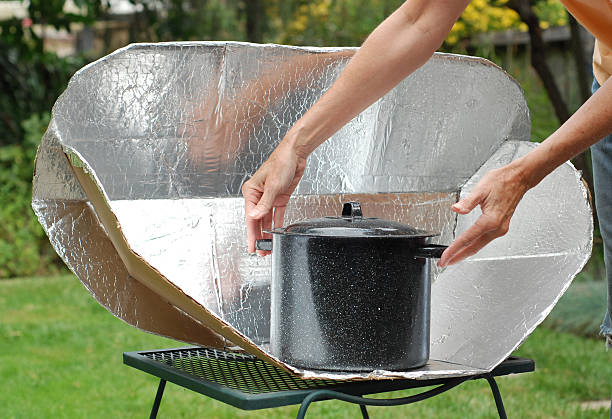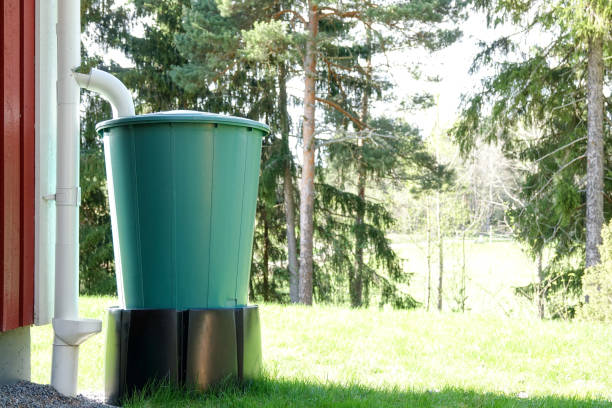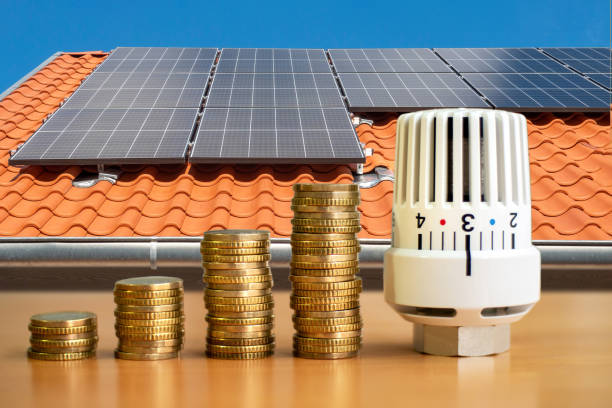Green Kitchen: Eco-Friendly Products for a Sustainable Cooking Space
This post contains affiliate links. I may earn a commission at no extra cost to you if you make a purchase. Note that I’m not a health or outdoor safety professional, so further research is advised. Your support keeps Outdoors A-Z running—thank you! Read the full disclosure.. Read the full disclosure here.
In today’s world, where environmental consciousness is on the rise, incorporating eco-friendly practices into our daily lives has become increasingly important. One area where we can make a significant difference is in our kitchens. A green kitchen not only promotes sustainability but also creates a healthier cooking space. In this article, we will explore various eco-friendly products and practices that can transform your kitchen into a sustainable haven.
Table of Contents
Energy-Efficient Appliances
When it comes to creating a green kitchen, investing in energy-efficient appliances is a crucial step. These appliances are designed to consume less energy while providing the same level of functionality as their conventional counterparts. Energy-efficient refrigerators, dishwashers, and ovens are excellent examples of such appliances. By opting for these eco-friendly alternatives, you can significantly reduce your energy consumption and enjoy long-term cost savings.
Sustainable Cookware and Utensils

Traditional non-stick coatings and plastic utensils can be harmful to both our health and the environment. Fortunately, there are sustainable alternatives available. Consider switching to cookware made from cast iron or stainless steel, which are durable, non-toxic, and can be passed down through generations. Similarly, bamboo utensils are an eco-friendly choice as they are renewable and biodegradable. By opting for these sustainable options, you can create a safer and greener cooking environment.
Organic and Local Food
One of the key aspects of a green kitchen is the use of organic and locally sourced food. Organic food is grown without the use of harmful pesticides and synthetic fertilizers, making it healthier for both our bodies and the environment. Additionally, buying local produce supports local farmers, reduces transportation-related carbon emissions, and ensures fresher ingredients on your plate. By embracing organic and local food, you contribute to a more sustainable food system.
Efficient Waste Management
Proper waste management is essential in maintaining a green kitchen. Food waste is a significant contributor to landfill methane emissions, a potent greenhouse gas. Composting is a highly effective way to reduce food waste while creating nutrient-rich soil for your garden. Additionally, recycling and using eco-friendly packaging materials can further minimize your kitchen’s environmental impact. By adopting efficient waste management practices, you actively participate in the circular economy and reduce your carbon footprint.
Water Conservation

Water is a precious resource, and conserving it in the kitchen is crucial. Installing efficient faucets and dishwashers can significantly reduce water usage without compromising functionality. Simple practices such as using a basin for washing vegetables, reusing water for plants, and fixing leaks promptly can also contribute to water conservation efforts. By being mindful of water consumption, you play a part in preserving this invaluable resource.
Indoor Herb Gardens
An indoor herb garden not only adds freshness and flavor to your cooking but also promotes sustainability. Growing herbs at home reduces the need for store-bought, plastic-packaged herbs that often travel long distances. It also minimizes food waste, as you can harvest only what you need. Whether you have a spacious kitchen or a small apartment, setting up an indoor herb garden is an achievable and rewarding endeavor.
Natural Cleaning Products

Conventional cleaning products often contain harsh chemicals that harm both the environment and our health. Switching to natural and eco-friendly cleaning products is a simple yet impactful way to create a greener kitchen. Ingredients such as vinegar, baking soda, and lemon can be used to make effective cleaning solutions. Not only are these natural alternatives safer for you and the environment, but they also help to maintain a chemical-free kitchen environment.
Smart Home Technology
The integration of smart home technology into a green kitchen can optimize energy usage and reduce waste. Smart appliances, lighting systems, and thermostats offer advanced features that help conserve resources. For example, smart ovens can adjust cooking times and temperatures automatically, resulting in energy savings. Smart lighting systems enable efficient use of electricity by adjusting brightness according to natural light availability. By incorporating smart home technology, you can transform your kitchen into an intelligent and sustainable space.
Green Kitchen Design
When remodeling or renovating your kitchen, consider incorporating sustainable design principles. Natural lighting can reduce the need for artificial lighting during the day, while efficient ventilation systems ensure optimal air circulation. Using eco-friendly materials such as reclaimed wood or recycled countertops minimizes environmental impact. By integrating green design elements, you can create a visually appealing and sustainable kitchen.
Eco-Friendly Kitchen Tips and Habits
Beyond specific products and design choices, there are everyday practices that contribute to a green kitchen. Reduce food waste by meal planning, utilizing leftovers, and freezing excess ingredients. Optimize energy usage by turning off appliances when not in use and using energy-saving settings. Minimize water wastage by fixing leaks and using water-efficient practices during cooking and cleaning. By adopting these simple habits, you can make a significant difference in your kitchen’s sustainability.
Final Thoughts
Creating a green kitchen is an opportunity to make a positive impact on both the environment and your own well-being. By incorporating energy-efficient appliances, sustainable cookware, organic and local food, efficient waste management practices, water conservation techniques, indoor herb gardens, natural cleaning products, smart home technology, and eco-friendly design principles, you can establish a sustainable cooking space. Embrace the power of small changes and watch as your green kitchen contributes to a healthier planet.
FAQs
Are eco-friendly appliances more expensive than regular ones?
Eco-friendly appliances can initially have a higher upfront cost than regular ones. However, they often offer long-term savings through reduced energy consumption, resulting in lower utility bills.
How can I start composting in my kitchen?
To start composting in your kitchen, you can use a small compost bin or a countertop composting system. Collect fruit and vegetable scraps, coffee grounds, and other organic waste, and transfer them to a larger composting system or a community composting facility.
What are some benefits of using cast iron cookware?
Cast iron cookware is durable, provides even heat distribution, and retains heat well. It adds small amounts of iron to your food, which can be beneficial for those with iron deficiencies.
Can I grow herbs in a small apartment kitchen?
Yes, you can grow herbs in a small apartment kitchen. Choose compact varieties and utilize vertical space with hanging planters or wall-mounted herb gardens. Ensure they receive adequate sunlight or use grow lights if natural light is limited.
Are natural cleaning products as effective as conventional ones?
Natural cleaning products can be just as effective as conventional ones for most household cleaning tasks. However, it’s essential to follow instructions and use the appropriate products for specific surfaces or stains.















